
The words we say in frustration can echo for years in a child’s mind. They shape the way kids view feelings and themselves. Some phrases do more harm than we realize, and if we do not stop using them, they may do some permanent damage. Here are the ones that chip away at confidence—and what awareness can help prevent next time.
“I Brought You Into This World…”

It sounds powerful, even protective. But to a child, it can feel like a threat wrapped in love. What they hear is, “You owe me.” That kind of message doesn’t build a connection. It builds fear. Kids need reminders of belonging, not power.
“You Don’t Get To Make Decisions”

When kids are constantly shut down, they stop raising their hands at home and even in life. This phrase tells them their voice doesn’t matter, and over time, they believe it. However, giving them small choices, like what to wear or how to solve a problem, teaches them confidence.
“I Love You, But…”

That simple word “but” has a way of erasing everything before it. If love comes with conditions, it plants doubt inside those little minds. Kids need to feel loved even when they’ve made mistakes. True love wraps around a child and whispers, “I love you, no matter what.”
“I’ll Give You Something To Cry About”

Behind that old-fashioned threat hides a painful message: your emotions don’t matter. It teaches children to hold back tears instead of reaching for support. Today, more parents are realizing how powerful it is to say, “It’s okay to cry.” Because allowing emotion is how trust and healing begin.
“Just Wait Until Your Dad Gets Home!”

It’s amazing how a few words could change the air in a room—suddenly, playtime turned to panic. Using one parent as a warning only built walls of anxiety, not understanding. These days, more families are replacing threats with teamwork, which proves that gentle discipline creates confidence.
“As Long As You Live Under My Roof…”

It’s easy to say these words in the heat of worry or weariness, but they land heavily on your kids. “As long as you live under my roof” can make a home feel conditional instead of comforting. Modern parents are shifting the tone to replace control with compassion because true respect grows from mutual care.
“Do As I Say, Not As I Do”

Children learn best by watching the examples set around them. When parents live the values they talk about, it naturally inspires kids to follow. Those little eyes notice consistency more than correction, so leading with integrity turns everyday moments into powerful life lessons.
“You Look Terrible, You Know That?”

Sometimes, even lighthearted comments about a child’s appearance can linger far longer than intended. What feels like teasing to an adult can echo as self-doubt to a child. Every remark becomes part of their inner dialogue. It’s proof that kindness, not critique, helps children grow into confident, self-assured versions of themselves.
“You’re A Freak.”
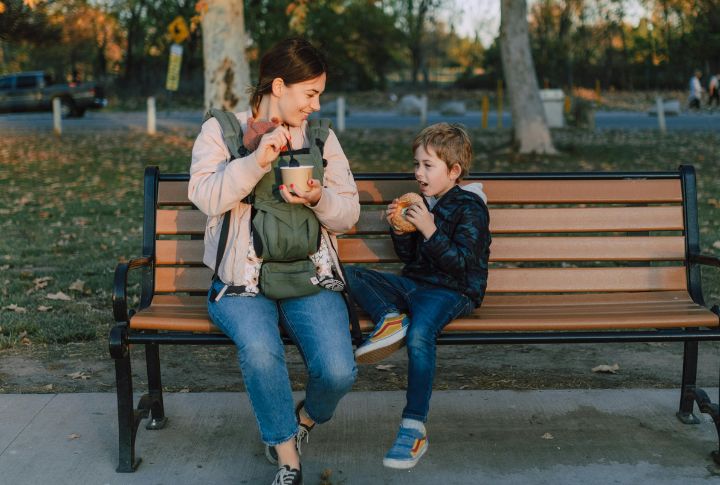
Being called “a freak” burrows deeper than just a mean comment. It makes you wonder what’s wrong with you, why you’re different from everyone else. Soon, those words become a mirror, which reflects back someone who doesn’t fit in, who maybe never will.
“You’re So Immature.”

When adults criticize natural childlike behavior as immaturity, it can stifle curiosity and creativity. The truth is, every playful impulse is a sign of healthy development. Encouraging those moments helps children feel safe to express and evolve into confident, emotionally grounded adults.
“I’m Going To Send You To Boarding School”
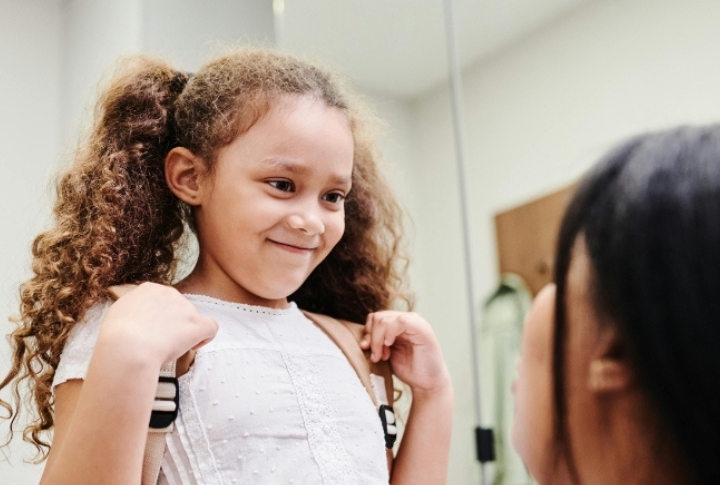
Even in frustration, words about sending a child away can linger like shadows. Kids hear rejection, not a dialogue for discipline. But a calm conversation and a reassuring hug can rewrite that moment entirely. It tells them, “You’re still mine, even when things are hard,” and that safety is never negotiable.
“Once You’re 18, I’m Kicking You Out”

The words can pierce deeper than intended. Rather than inspiring maturity, they plant seeds of fear and unworthiness. A supportive approach—helping teens prepare for adulthood with guidance and patience—creates independence built on love and teaches that home remains a place of belonging.
“This Is Your Fault”

A kid who constantly feels blamed learns to tiptoe through life and tries to be “good enough” to keep the peace. That quiet pressure shapes how they trust and connect later on. Parents who practice compassion instead of criticism give their children the freedom to grow without fear of rejection.
“Show Me Some Respect”
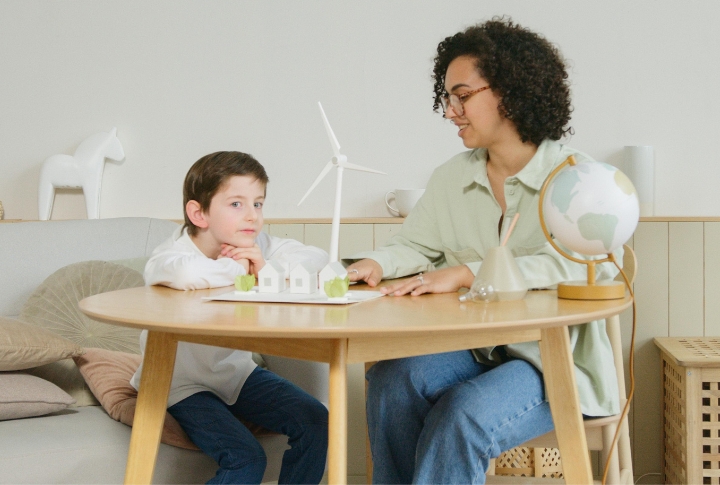
Respect takes root in action, not instruction. Children naturally mirror what they observe, and parents who speak kindly, listen fully, and treat others with care raise kids who do the same. Mutual respect blossoms through shared behavior, which turns every interaction into a gentle lesson in empathy.
“Do What I Say Or Else”

Parenting built on communication rather than threats helps children feel capable and secure. Guidance that invites understanding, teaches responsibility, and emotional strength. Every moment of calm explanation says, “I trust you to learn,” transforming discipline into connection and control into genuine cooperation.
“You Are Terrible At This.”

Watch how a single “you are terrible at this” ripples through time: first striking a child’s heart like lightning, then spreading into hesitation to try new things, gradually morphing into a deep-rooted fear of failure, and finally crystallizing into an adult’s fractured self-image, all from one thoughtless moment of harsh criticism.
“You’re Overreacting”

Next time you’re tempted to say this, pause to consider the hidden impact. The seemingly harmless phrase actually teaches kids to doubt their emotions and suppress their feelings, which leads to anxiety and self-doubt. Instead, acknowledge their hurt feelings to help them build emotional confidence.
“Why Can’t You Be More Like Your Sibling?”
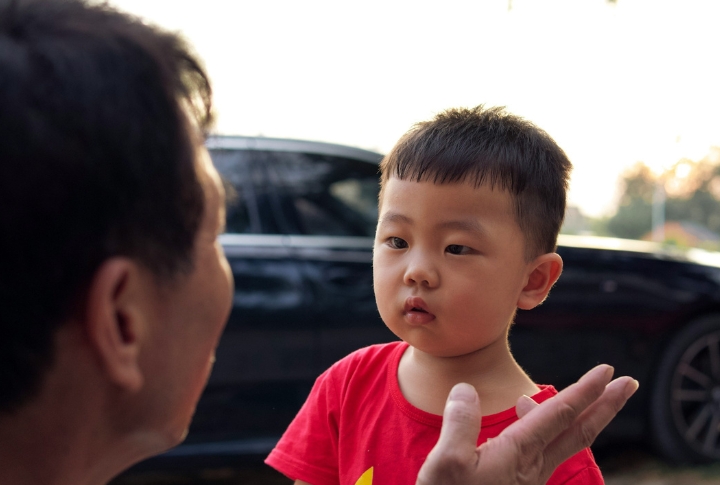
Comparisons may sound harmless, but they land heavily on your little one. Each one quietly tells them they’re not enough as they are. Celebrate every child’s individuality, as it will nurture harmony. It also reminds them that love is a space where everyone gets to shine differently.
“You’ll Never Amount To Anything”

Every child arrives packed with limitless potential and wide-eyed wonder, but this crushing phrase acts like a dimmer switch on their inner light. As self-doubt creeps in, those echoes can haunt them well into adulthood, which turns natural go-getters into hesitant dream-doubters.
“Stop Crying, You’re Being Dramatic.”
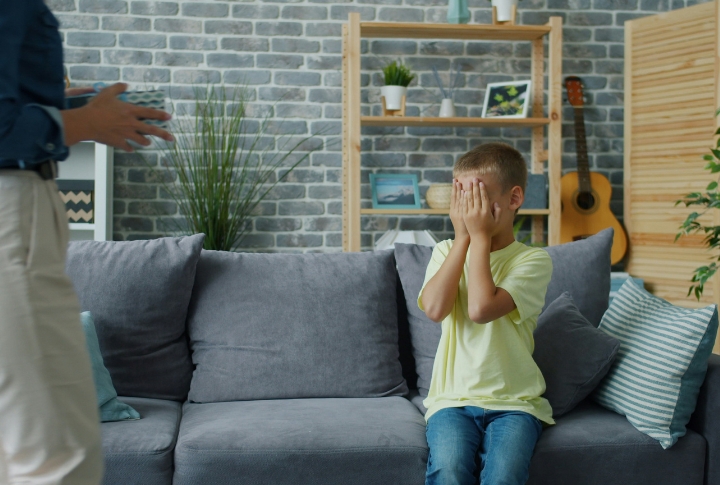
Beneath each dismissal, a child’s inner compass spins wildly, questioning whether their emotions are somehow faulty or wrong. This emotional invalidation nudges them toward a troubling path that buries feelings instead of voicing them. If they dodge help when storms brew, they end up carrying relationship hurdles into their adult years.

